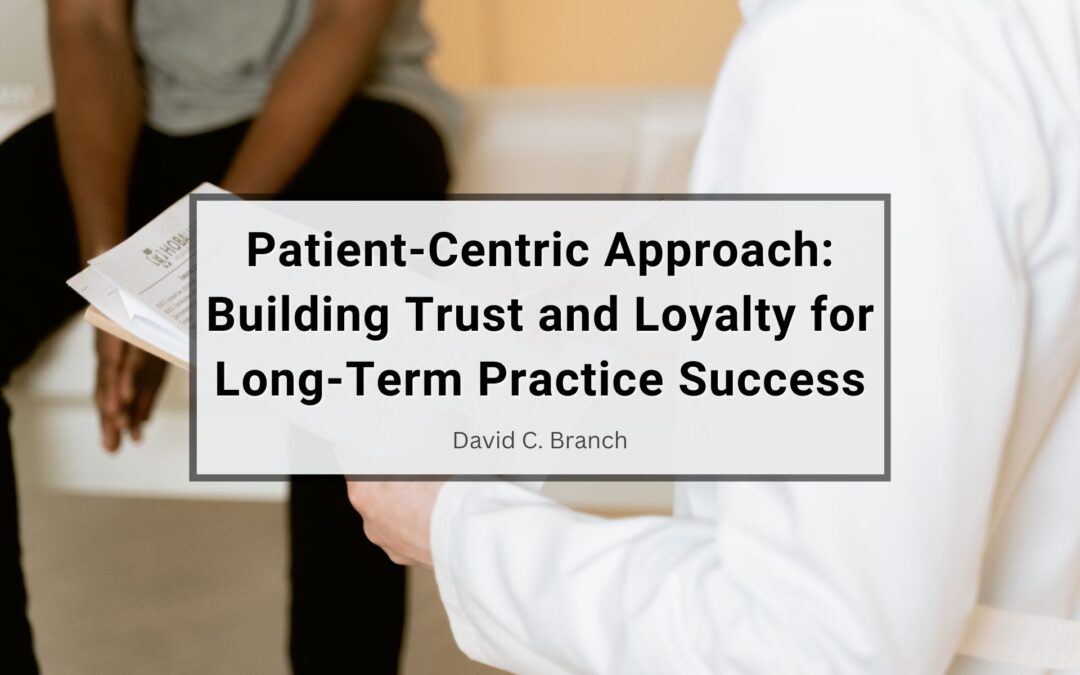Healthcare today puts patients at the forefront of every medical decision. They demand convenience, high-quality care, and personalized attention from their healthcare providers. This shift towards a patient-centric approach has made earning and retaining patient trust and loyalty more critical than ever for medical practices. Here, we’ll explore the key factors that contribute to patient loyalty and offer practical tips for medical practices to achieve long-term success.
Understanding Patient Expectations
Modern patients have high expectations for their healthcare experience. They seek:
1. Convenient Communication: Patients want easy access to their medical records, test results, and care plans. They also value clear and hassle-free communication with their healthcare providers.
2. High-Quality Care: Patients expect top-notch medical care that addresses their unique needs and concerns.
3. Exceptional Customer Service: Friendly and respectful interactions with staff and providers are vital to a positive patient experience.
4. Personalized Attention: Patients want to feel that their care is tailored to their individual needs.
Meeting these expectations is key to building lasting patient loyalty, which brings numerous benefits, including positive word-of-mouth referrals and online reviews that boost your practice’s reputation.
Tips to Increase Patient Loyalty and Retention
1. Identify Weaknesses: Begin by seeking feedback from patients at various points in their journey. Surveys and feedback forms can help you pinpoint areas where improvements are needed.
2. Simplify Processes: Complexity can drive patients away. Utilize a patient portal to streamline tasks such as accessing records, scheduling appointments, requesting prescriptions, and communicating with the care team.
3. Provide Communication Options: Implement a patient portal to offer a centralized messaging system for patients to connect with their care team between appointments. This accessibility builds trust and engagement.
4. Personalize Care: Utilize healthcare CRM tools to centralize patient information, enabling care teams to offer more personalized care. This fosters better coordination and tailored healthcare experiences.
5. Prioritize Customer Service: Exceptional customer service should be a core value within your practice. All staff, from receptionists to providers, should exemplify warmth, kindness, and respect in every patient interaction.
6. Educate and Engage: Maintain ongoing patient engagement through educational content, appointment reminders, follow-up communication, and surveys. Building a strong patient-provider relationship requires continuous effort.
A patient-centric approach is the future of healthcare. By meeting and exceeding patient expectations through convenient communication, high-quality care, exceptional customer service, and personalized attention, medical practices can build trust and loyalty that ensures long-term success. Patient loyalty not only benefits the practice but also enhances patient outcomes and satisfaction, creating a win-win scenario for all stakeholders in the healthcare journey.

